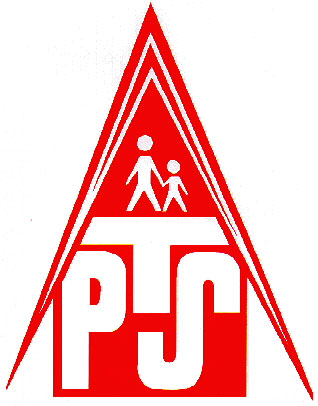 Written by Amanda Alaniz, Central Elementary Principal at Portage Township Schools
Written by Amanda Alaniz, Central Elementary Principal at Portage Township Schools
The Developmental Assets Team created surveys to be completed by all students of Portage Township Schools. The survey’s intent was to service each school with specific data to meet the needs of the students, while also communicating with families and the community. The Internal team divided the responsibility at hand to create an elementary survey (grades K-5) and a secondary survey (grades 6-12). These surveys were then compiled for an analysis of our students’ asset development.
The analysis of the surveys led the internal team to reflect on a specific asset category known as Supportive Relationships. Particular attention was given when discussing the importance of positive influence and peer relationships. Across grade levels, our PTS students are reporting a need for us adults to assist in finding positive peers when engaging in friendships.
There is no doubt that peer friendships must be guided by the trusted adults in childhood. It is only natural for children to desire a large quantity of friends in order to feel accepted and valued by their peers; however, adults must interject the importance of valuing the quality of friends rather than the quantity.
Influential adults need to consider this question, “What makes a good friend?” One thought that deserves consideration involves the experience of peer pressure. The Search Institute (www.search-institute.org) notes that peer pressure is often considered having a negative effect on the decision making of others; however, the research has confirmed that peer pressure can be positive if children are taught the characteristic of a quality friend in order to engage in positive decisions and activities with others.
The Search Institute specifically states, “If young people and their peers are responsible, positive, and supportive, they are more likely to succeed. Positive peer influences ensures that there are quality experiences and relationships that will ultimately help young people grow up healthy, caring, and responsible.” The research also explains that young people who have close friends that behave responsibly will do better in school, and engage in activities that will lead them to future life success. In the big picture, our children must develop a skill set to seek out friends that enhance their life; this is a skill that must be taught. With our attention and assistance, the youth of Portage will further understand the value of a friend who provides encouragement, support, guidance, and peer pressure that leads them down a path to success.
As adults, it is important that we open the door to such crucial lessons through meaningful conversation and active monitoring of their peer relationships. The benefits are too great to ignore; discussing the importance of choosing and being a quality friend ultimately impacts their ability to choose positive relationships in childhood and beyond. Therefore, I challenge every adult within our Portage Community to spend intentional time sharing how positive relationships with peers can influence yourself and others to succeed.
